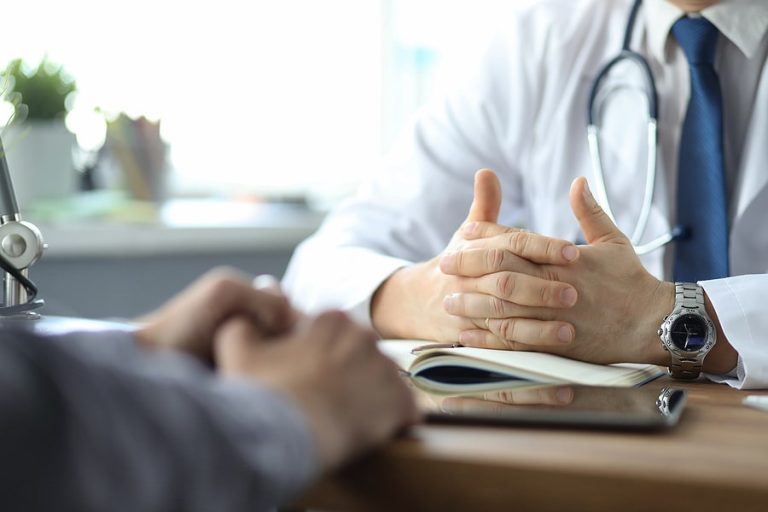For many years, sexual abuse wasn’t something that was often talked about. Far too often, victims chose not to come forward, and those who did were often met with disbelief, or worse, victim-blaming. But finally, the climate is beginning to change. With the rise of the #MeToo movement and more and more victims speaking up, people are beginning to see just how prevalent this type of abuse is.
If you have been a victim of sexual abuse, healing from the abuse can be a long and difficult process. Each person works through trauma in their own way. As a survivor, knowing the resources available and steps you can take to begin the healing process can make all the difference in the world. If you would like to more specific answers for your case contact Gomez Trial Attorneys today.
What Is Sexual Abuse?
“What is sexual abuse” may seem like a ridiculous question, but knowing the legal definition of the term can help you understand the severity of the crime and help you begin the healing process. The term sexual abuse encompasses a wide range of sexual misconduct. Any time someone touches you in a sexual manner without your consent, they may be guilty of sexual assault.
The contact must be willful and unwanted. Accidental contact does not constitute abuse. Sexual abuse also goes beyond the act of sex itself. Unwanted physical contact to the groin, breasts, or buttocks is abuse. The law does not discriminate when it comes to determining victims or assailants. Victims can be male or female, adult or child. Abusers can be a stranger, a coworker, a family member, and yes, even a spouse. The number one classifier is consent. If a person does not give consent or is unable to because of age or disability, the contact is abuse.
Healing From Sexual Abuse
The California Coalition Against Sexual Assault estimates that 8.6 million survivors of sexual assault live in California, not including rape victims. An additional 2 million women have been victims of rape. Men too can be victims of rape. Sexual assault is a serious problem in California and across the country. Every 73 seconds, another person is raped in the United States. Often these attacks happen where we are supposed to feel safe, at or near our home. For survivors of sexual assault, there are things that you can do to begin the healing journey.
Reach out to Your Support System
Talking to others about your attack isn’t always easy. But finding someone you trust to confide in can help ensure that you have support when need it. Just being able to talk can help you get your feelings out. If you don’t feel comfortable talking to a friend or family member, consider talking to a therapist. A therapist whom you feel comfortable with and understands your goals and expectations of the process can help enormously. Victim’s support organization RAINN has tools to help you connect with a therapist that is right for you.
Make a Safety Plan
Sexual abuse is never the victim’s fault. But sometimes, just putting a safety plan in place can help reduce the fear that an assault will happen again. This plan may look different to each individual, but may include:
- Always travel with safety devices: Knowing that you have the means to defend yourself can help you feel more confident when you are out. Items you may want to consider include a fully charged cell phone, a back-up charger, mace, a whistle, or other personal protection items.
- Have a plan: If you feel unsafe at home, have an escape plan in place. Where can you go? Who can you call? How will you get out? Knowing how you will react can help you get away in the event of an emergency.
- Talk to your support system: If you feel unsafe, whether at home, at work, or on campus, sharing your situation with your support system can not only help you to talk through your assault, but can also help make sure others are looking out for you. If your support system knows you should be somewhere at a specific time and you don’t show up, they’ll know to react.
Practice Self-Care
Despite all the progress that has been made in recognizing the validity of sexual abuse claims, victims of sexual assault can still feel like their assault won’t be taken seriously or that the assault was somehow their fault. It is important to reiterate, assault is never the victim’s fault. Don’t blame yourself, Emily R. Dworkin, a senior fellow at the University of Washington School of Medicine in Seattle who studies social interactions of trauma survivors, says to victims, “allow yourself to feel.”
Self-care means working through your feelings, allowing yourself to cry if it helps. Find positive outlets to work through your emotions. For some people, this may mean talking to their friends (not necessarily about the attack) or going for a run. Find healthy ways to cope with your trauma. Don’t try to push it away. In the same regard, avoid destructive behaviors that will only mask the pain including drinking or self-medication.
Know Your Legal Rights

Sexual abuse is a serious crime. Beyond pursuing criminal charges against your abuser, California law allows victims of sexual abuse to file a civil claim as well. This claim can help you recover any costs associated with medical or psychological treatment after the abuse and offer compensation for the pain and suffering you sustained as a result of the attack.
Financial compensation won’t take away the pain of the abuse, but it can aid you in your recovery process and help hold your attacker responsible for their actions. Knowing your rights and taking control can help you begin to heal. If you would like to learn more about your legal rights or have any questions, contact a California sexual abuse attorney for more information.
Gomez Trial Attorneys
655 West Broadway
Ste1700
San Diego, CA 92101
[619]-237-3490







